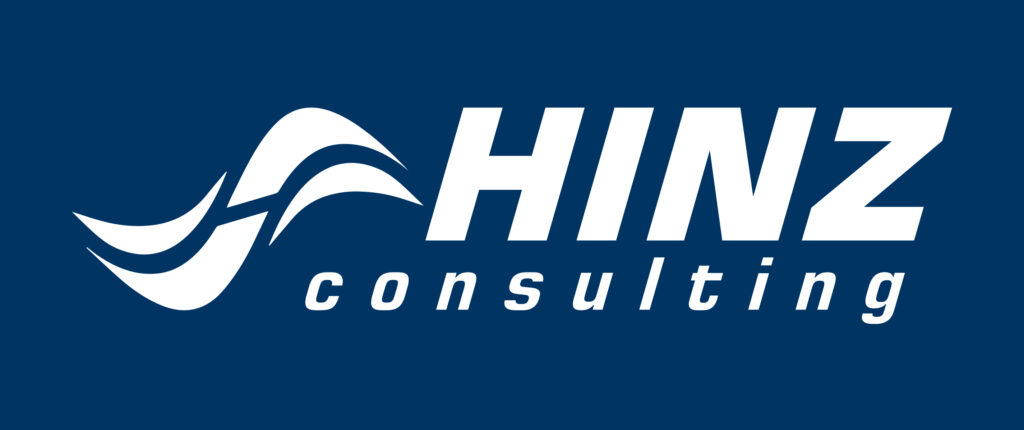As small businesses delve into the realm of government contracting, the prospect of 8(a) set-aside contracts often raises several questions. Here, we address some of the most commonly asked queries to provide clarity and guidance:
What Exactly Are 8(a) Set-Aside Contracts?
8(a) set-aside contracts are federal contracts exclusively reserved for small businesses participating in the Small Business Administration’s (SBA) 8(a) Business Development Program. These contracts are specifically designated to help eligible firms gain access to government contracting opportunities and foster their growth and development.
Who is Eligible to Pursue 8(a) Set-Aside Contracts?
To qualify for these contracts, businesses must meet the criteria set forth by the SBA for participation in the 8(a) Business Development Program. Generally, this includes being a small business that is at least 51% owned and controlled by individuals who are socially and economically disadvantaged.
How do 8(a) Set-Aside Contracts Differ from Other Types of Government Contracts?
Unlike traditional government contracts, which are open to competition from all eligible businesses, these contracts are exclusively available to firms enrolled in the 8(a) program. This designation aims to provide opportunities for small businesses facing socio-economic disadvantages to compete on a more level playing field.
Are There Specific Industries or Types of Contracts Available Through the 8(a) Set-Aside Program?
The scope of these contracts encompasses a wide range of industries and contract types. From construction and IT services to professional consulting and engineering, eligible firms can pursue opportunities across various sectors and disciplines.
How Can Businesses Prepare to Pursue These Contracts?
Preparing to pursue these contracts involves several steps, including ensuring eligibility for the 8(a) Business Development Program, completing the necessary application and certification processes with the SBA, and developing a robust capability statement and marketing strategy to showcase qualifications to government agencies.
What Support is Available to Businesses Seeking These Contracts?
Businesses pursuing these contracts can access a wealth of resources and support through the SBA and other government agencies. This includes mentorship programs, training initiatives, and technical assistance to help firms navigate the complexities of government contracting and maximize their chances of success.
Conclusion:
Navigating the landscape of these contracts can seem daunting, but with the right knowledge and preparation, small businesses can seize the opportunities these contracts offer. By understanding the eligibility criteria, preparation steps, and available support resources, firms can position themselves for success in pursuing and securing these contracts. Contact us to learn more!


